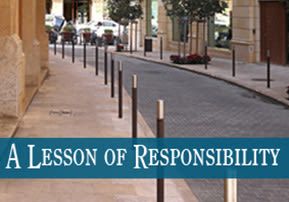
A Lesson of Responsibility
What does a pit he dug in a public domain and chametz after the sixth hour on Passover eve have to do with one another? Both teach a lesson of responsibility…

The Talmud says:
There are two things that do not belong to a person, but the Torah makes him responsible for them as if he owns them: a pit he dug in a public domain, and chometz after the sixth hour on erev Pesach. (Pesachim 6b)
What the Talmud refers to is the following: Even though a public domain does not belong to any one particular individual, if one were to dig a hole in the public domain which ends up causing damage to another, he is responsible for that damage as if the hole belonged to him.
Regarding chometz, the Torah tells us that we are not allowed to own chometz after the sixth hour on the fourteenth day of Nissan, and therefore, will not. However, warns the Torah, if one does not deliberately and halachically dispose of any chometz that belonged to him until the forbidden time erev Pesach, the Torah will hold him culpable for keeping chometz on Pesach.
That a person is responsible for damage due to a pit he dug in a public domain is perfectly reasonable. That the Torah commands a Jew to relinquish all ownership of chometz during Pesach, especially given all of chometz’s symbolic meaning, and holds him responsible for not doing so, is also reasonable. However, what is not obviously logical is the Talmud’s need to teach both laws in one breath. In other words, is there any other connection between these two, seemingly different laws that can provide an insight into the holiday of Pesach? (After all, it is that time of year to ask all kinds of questions …)
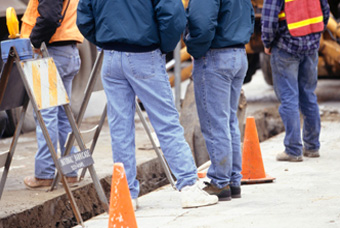
To answer that question, we have to ask another one: Does a public domain belong to no one in particular, or, to everyone in particular?
“What,” you may ask, “is the difference?” The difference is “partnership.” If a public domain is a joint partnership, then every individual to which that specific public domain is relevant owns a piece, albeit a small one, of every part of the public domain–including the pit he digs.
However, if that were true, then the Talmud should not have stated that the pit does not belong to the one who dug it, which seems to imply, even partially. If so, then this means the man is not being held accountable for his property that has damaged another, but rather, for having committed an irresponsible act against the public itself–the collective whole–of which he is an integral part.
“How does this concept apply to the holiday of Pesach,” you should be asking.
The answer is, because there is an uncanny insistence on unity and collective responsibility during the week of Pesach. We don’t sense it as much in our time, because we no longer go through the procedure of being listed as part of a group for a certain Pesach Offering, nor do we “stuff” ourselves onto the Temple grounds as part of one of three large groups that simultaneously offered the Pesach Offerings. However, had we lived during those times–achdut–national unity and the concept of “every Jew is a guarantor for his brother” would have been real for all us–intensely real.
Therefore, though it is true that finding and demolishing (or even selling) chometz is a personalized experience. However, the actual carrying out of the mitzvah and the keeping of all the laws of Pesach (and all of Torah for that matter) is not; it is, instead, a collective, national experience. And, therefore, when even one single Jew is negligent in disengaging himself from his chometz according to law and tradition, even only out of ignorance of the laws, it affects all Jews. That’s right–all Jews!
Because, despite all of our arguing, internecine and bitter fighting, and outwardly-revealed “dislike” of one another, we are still one people.
I’ll say it again: one people.
Or better yet, like one family. In a family, there are parents and children. To the children, each child is just one of many, different types of members of a family, each destined to break off and go in its own direction. There might be sibling rivalry, and in some cases, unfortunately, dislike for one another.
But to the parents, it is always only one family, no matter how many children there may be, or how different each child may be from the other. Should the children grow up, get married, and move away to different parts of the world, still, to the parents it is always one family. In fact, it often seems that a good large part of being a parent is just making sure the family remains this way.
From our point of view, the many disparate parts of the Jewish people may as well be different nations. However, to G-d, our Father in Heaven, it is always only one family, one Jewish people.
Let this year’s Pesach bring with it a collective sense of responsibility, and a de-fragmentation of the Jewish people. As we prepare ourselves for erev Pesach, the time, traditionally, that we offered the Pesach Offering, may we merit to know another kind of “eruv”* Pesach, one that has the power to fuse together various private properties into one collective, unified domain filled with an eternal sense of brotherhood.
(*an “eruv” combines many properties into one larger “private” domain for the purposes of carrying on Shabbat)
A Happy and Kosher Passover!
***
Pinchas Winston is the author of over 95 books on various topics that deal with current issues from a traditional Jewish perspective. He has also written on the weekly Torah reading since 1993, called “Perceptions”, as well as on current topics and trends affecting Jewish history, past and present. One of his missions is to make the depth and beauty of the more mystical teachings of Torah understandable and accessible to those who can really benefit from them. Visit his website at thirtysix.org.


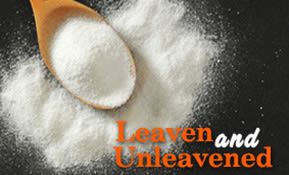

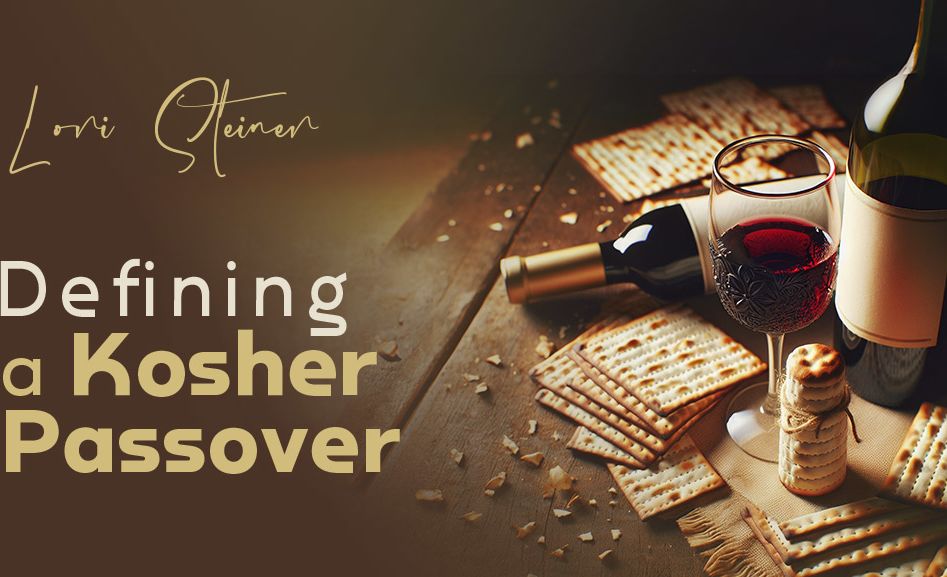
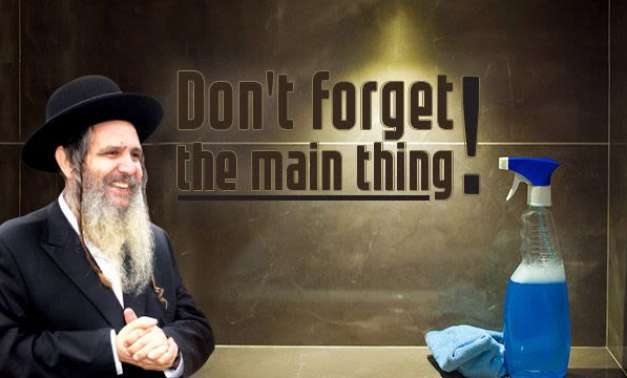
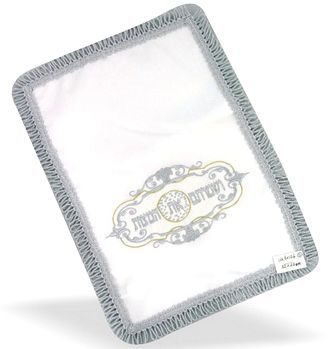
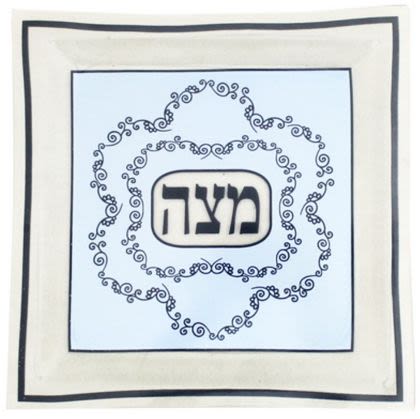
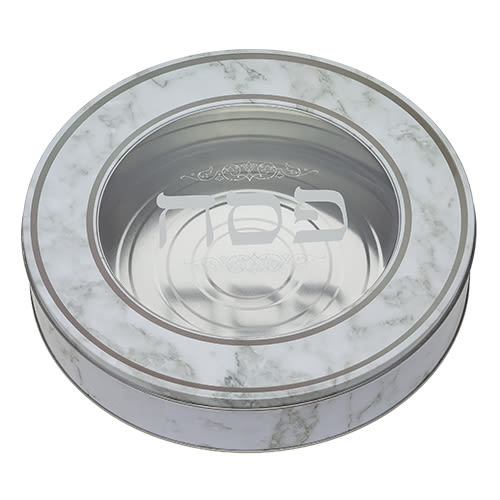
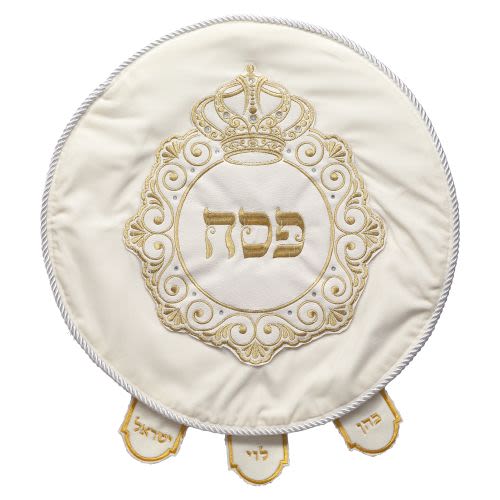
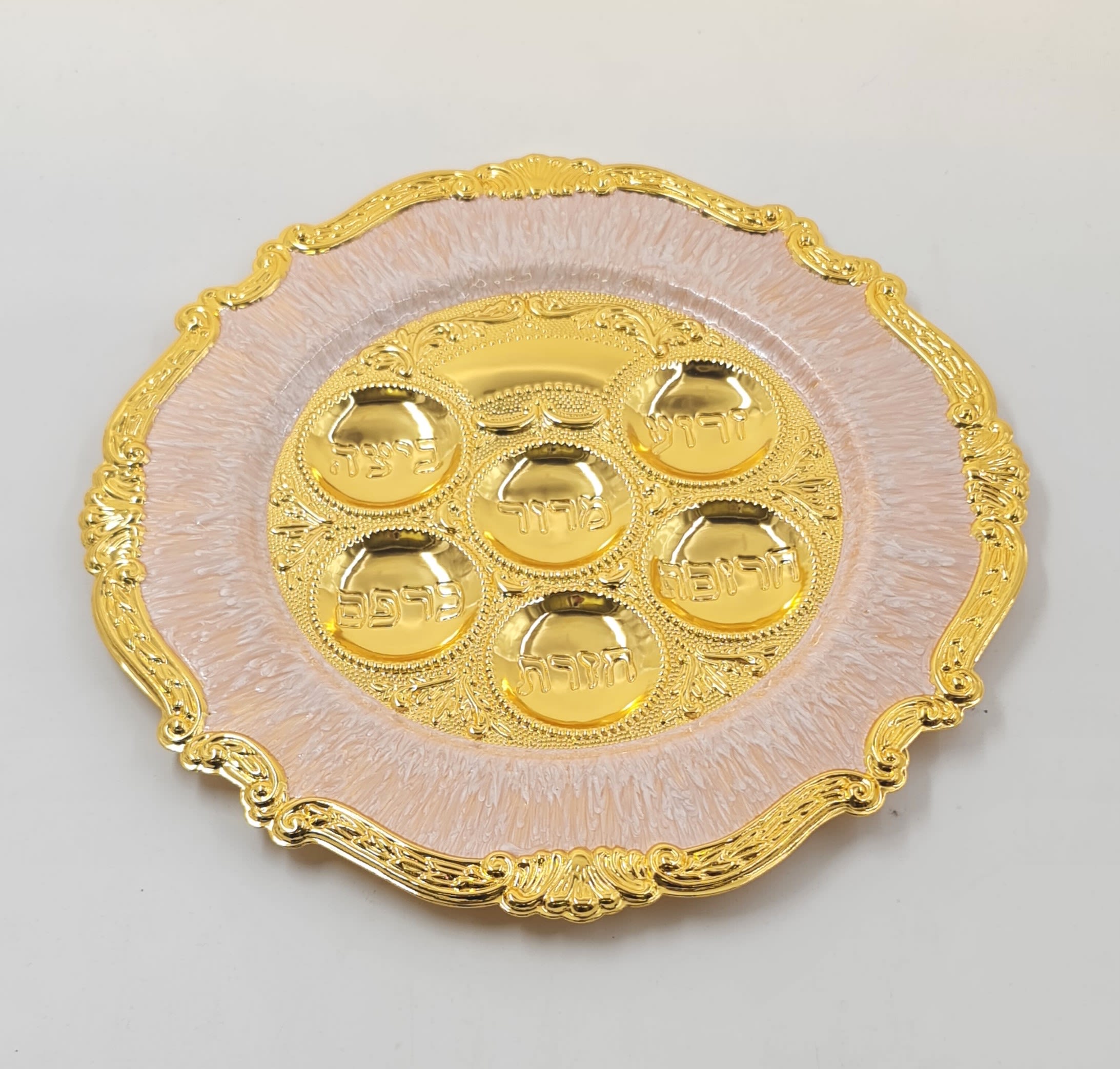
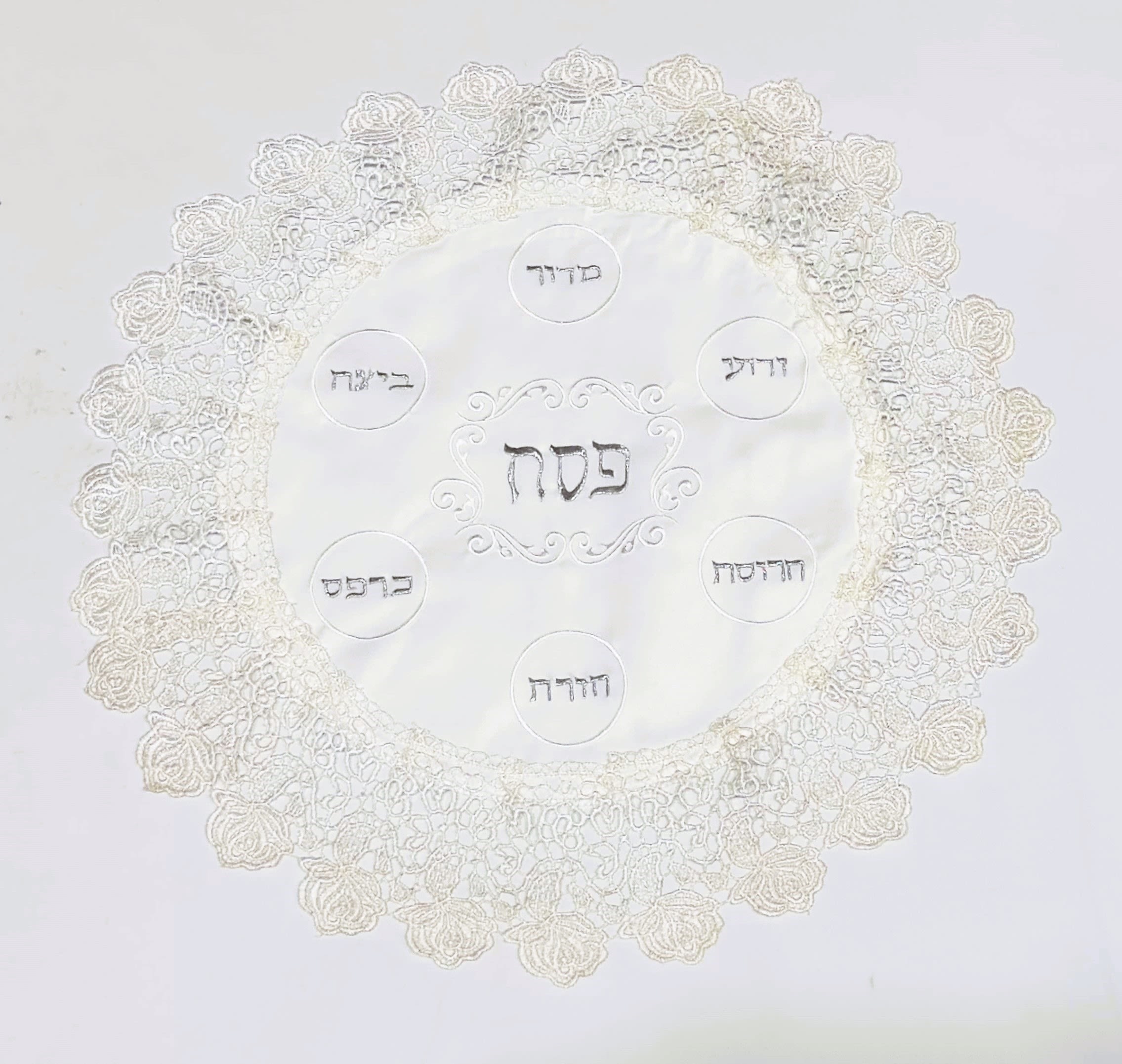
Tell us what you think!
Thank you for your comment!
It will be published after approval by the Editor.